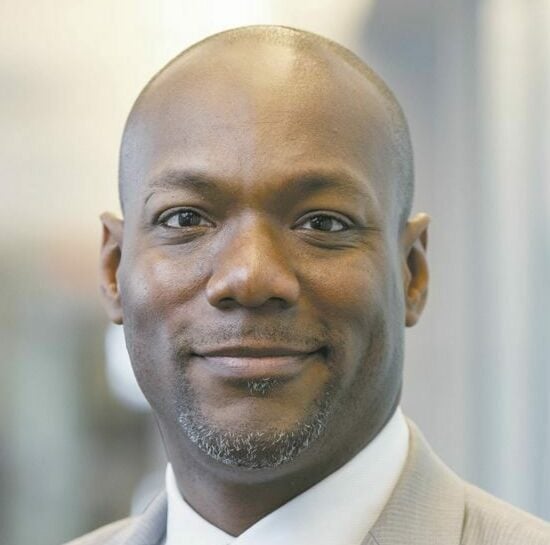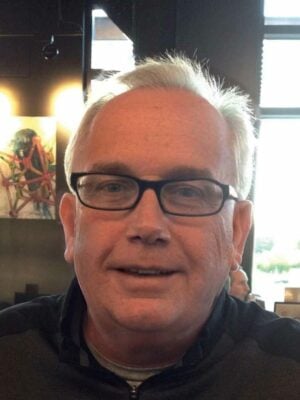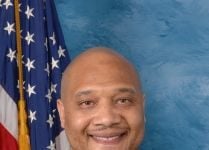There is a familiar joke that suggests that Hallmark invented holidays in order to sell a perpetually increasing number of greeting cards.
While that tongue-in-cheek claim is obviously not meant to be taken seriously, the unchecked proliferation of what were originally called “holy days” has given it resonance. I might be a bit biased as a dad, but I believe that Father’s Day was ordained by God who, after all, is our Father — spiritually, if not physically. (And, yes, I am aware that not all religions identify God as “Father.”)
Seriously though, we know experientially and empirically that dads often feel underappreciated for what we do, as well as what we endure. To borrow from the late and truly great Rodney Dangerfield, it frequently seems like fathers “get no respect.” Consider, for example, the relative ease with which one can secure a reservation at a nice restaurant on Father’s Day as compared to the necessity of booking a table a few years in advance for Mother’s Day. (No shade to moms.)
In any case, Father’s Day was the brainchild (or, better yet, “heartchild”) of a woman named Sonora Smart Dodd.
Dodd was the daughter of William Jackson Smart, a twice-married and twice-widowed father of fourteen children. Smart’s first wife was Dodd’s mother. She died giving birth to her sixth child. Dodd, who was Jackson’s only female child, helped him raise her siblings. She made up her mind to honor him for the exemplary job that he did as a single father.
While Father’s Day technically began in West Virginia (along with Mother’s Day), Dodd held the first such celebration that resembles the modern holiday. It took place on June 19, 1910, in Spokane, Washington. The YMCA and local churches supported the event, which ebbed and flowed in its first couple of decades. Ironically, some men initially rejected the notion that such a commemoration should exist.
Undaunted, Dodd tirelessly advocated for Father’s Day to become a national holiday for roughly 60 years. Born in 1882, Dodd lived long enough to see President Richard Nixon officially make her dream a reality in 1972. (Dodd would pass in 1978 at the age of 96.)
Father’s Day is not the only way to recognize the trials and triumphs of fatherhood. While there are myriad programs and organizations that are dedicated to supporting women and mothers, there are relatively few whose purpose is to edify men and fathers. The organization that I am privileged to lead, Fathers and Families Center (FFC) has striven for more than 30 years to help men become better fathers.
As I near my third year at the helm of FFC, I am somewhat more optimistic regarding the movement to come alongside men than I was when I joined the organization. Fortunately, medical professionals (and a growing number of clergy members) are trumpeting the importance of men’s physical, mental, emotional, and spiritual health. Thankfully, as a society we have largely shifted from the toxic stereotype of the “strong and silent type” — the stoic man who bottles up his emotions. We don’t want to just give life to our children; we want to stick around to see them enjoy full and healthy lives.
Of course, being a good father is not merely a biological designation. Some of the best fathers do not share any DNA with the children who are under their care. There is a long history of brothers, uncles, stepdads, close friends, and other surrogates stepping up and stepping into that role.
In the end, being a good father is a volitional disposition.
Even as the role of a father continues to evolve, there are certain foundational truths that are inextricably bound to being a good one. An example is the importance of always being “present” in the lives of one’s children. Linda Poindexter is often credited with being the first person to speak of her father as follows: “When my father didn’t have my hand, he had my back.”
Happy Father’s Day to all the men who give their all every day to their “children” of all ages.
Larry Smith is a community leader. Contact him at larry@leaf-llc.com.





